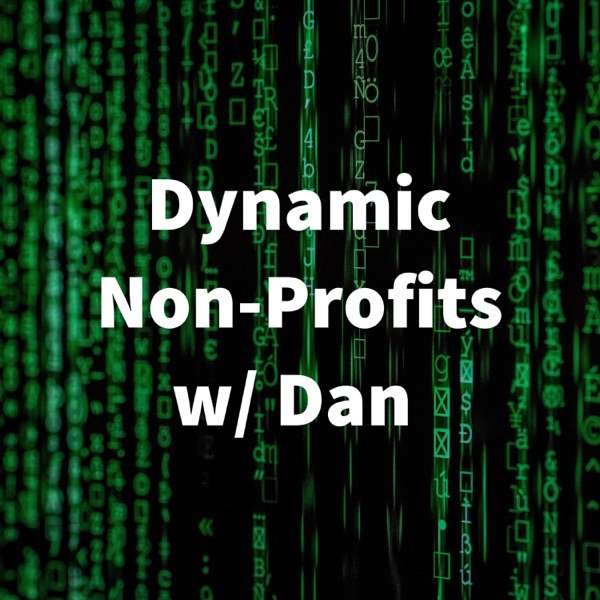Location: Skype Date: Monday, 11th November Project: aantonop.com Role: Author & Public Speaker
Welcome to The Beginner's Guide to Bitcoin
Bitcoin can be intimidating for beginners. The protocol is complicated, the community can be aggressive and unforgiving, silly mistakes can lose you money, and it is easy to succumb to altcoin marketing.
Bitcoin does though, offer you the opportunity to hold a new type of monetary asset, one which can't be seized by the government and is censorship resistance and It has the potential to change the way the world.
The goal of What Bitcoin Did has always been about making things simple; there are no stupid questions, and the show is here to help beginners navigate this new world. To kick off 2020, we are launching a special series to help beginners understand Bitcoin. We will be looking at the basics from breaking down the protocol to explaining the economics and discussing the potential societal shift.
Part 1 - Andreas M. Antonopoulos on Why We Need Bitcoin
Bitcoin is multifaceted. Some treat Bitcoin as a speculative tool for growing wealth, others as a way of avoiding financial censorship from traditional payment channels, and some use it as a way of claiming their monetary sovereignty and removing power from the banks and state.
The real reason Bitcoin is essential is for all of these reasons and more.
On 3rd January 2009, Bitcoin was introduced to the world by its pseudonymous creator (or creators), going by the name of Satoshi Nakamoto. Bitcoin brought with it an alternative to the banking system, a way of truly controlling your finances and to 'be your own bank'.
Being your own bank is incredibly powerful but is often a confusing and misused term. There are currently 1.7 billion people across the world who do not have access to proper banking services. Bitcoin can fix this by allowing users to hold, send and receive value.
Cross-border payments are expensive and complicated using traditional banking and financial systems, and that's assuming the recipient has the means to receive payment. Bitcoin fixes this.
Governments have a history of putting pressure on payment systems to stop allowing payments to recipients that they deem unfit. In 2010 Visa, Mastercard and PayPal all stopped allowing payments to WikiLeaks. Bitcoin fixed this.
Bitcoin's power is in its decentralised, censorship-resistant, neutral, permissionless network that allows you to transact globally without any intermediary or third party and with whoever you want for whatever reason you want. Bitcoin doesn't care.
We will soon be living in a cashless society, government-issued 'fiat' currency will become entirely digital, and we will wave goodbye to any remaining shreds of financial privacy that still exist. Some governments will look to create a cryptocurrency alternative; providing the perfect tool for increased financial surveillance and oppression and represents the antithesis of Bitcoin.
So, maybe we will have to choose whether its Bitcoin or a state-run digital currency. Should we choose Bitcoin?
This interview previously appeared on my other show Defiance and is a great starting point for the beginner's guide. Here I talk to Andreas M. Antonopoulos to find out. Andreas is a speaker and the best selling author of Mastering Bitcoin and The Internet of Money and is unrivalled in evangelising Bitcoin. Andreas explains why the current monetary and financial system is no longer fit for purpose and why Bitcoin may be the answer.

 Our TOPPODCAST Picks
Our TOPPODCAST Picks  Stay Connected
Stay Connected







